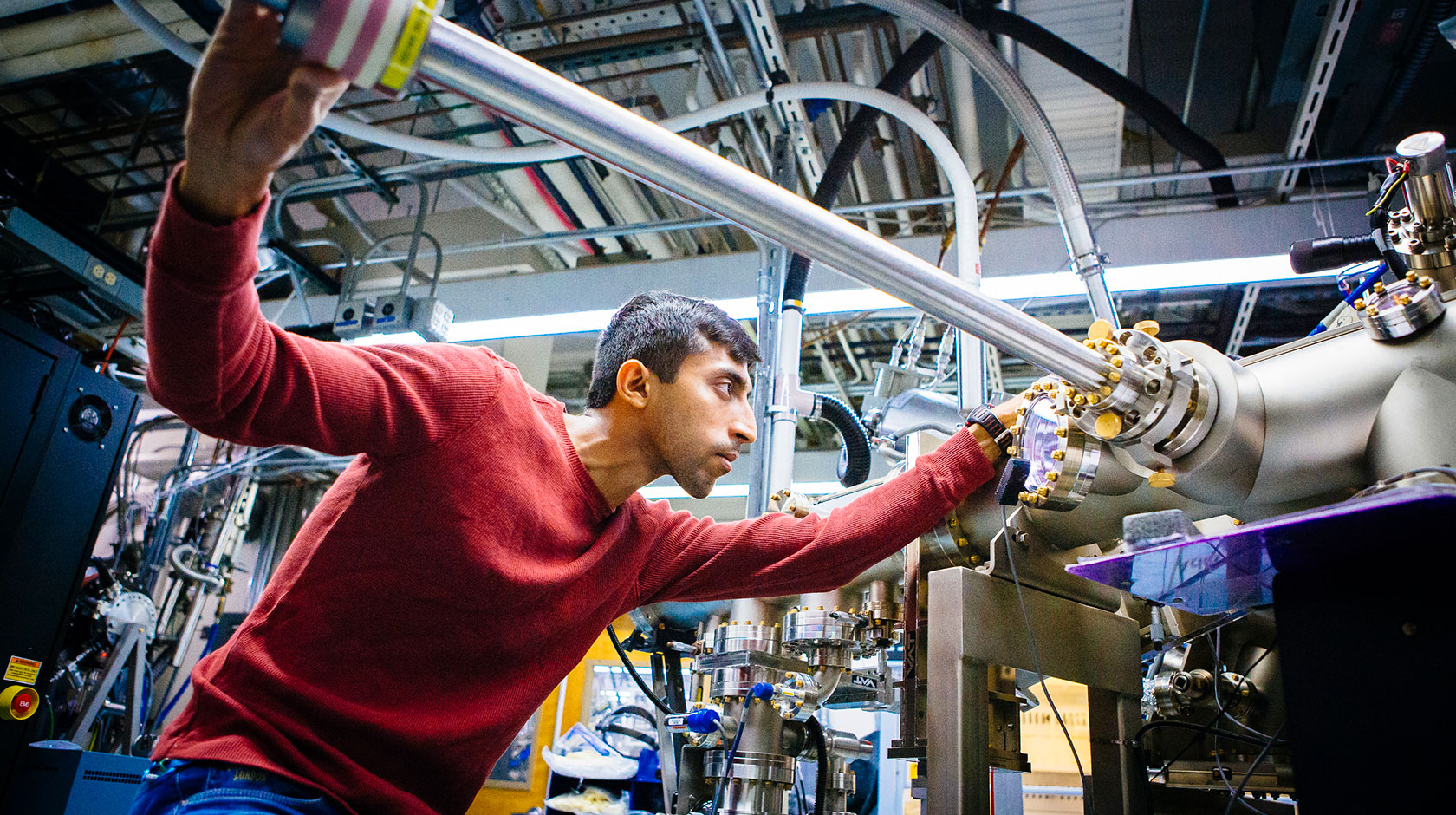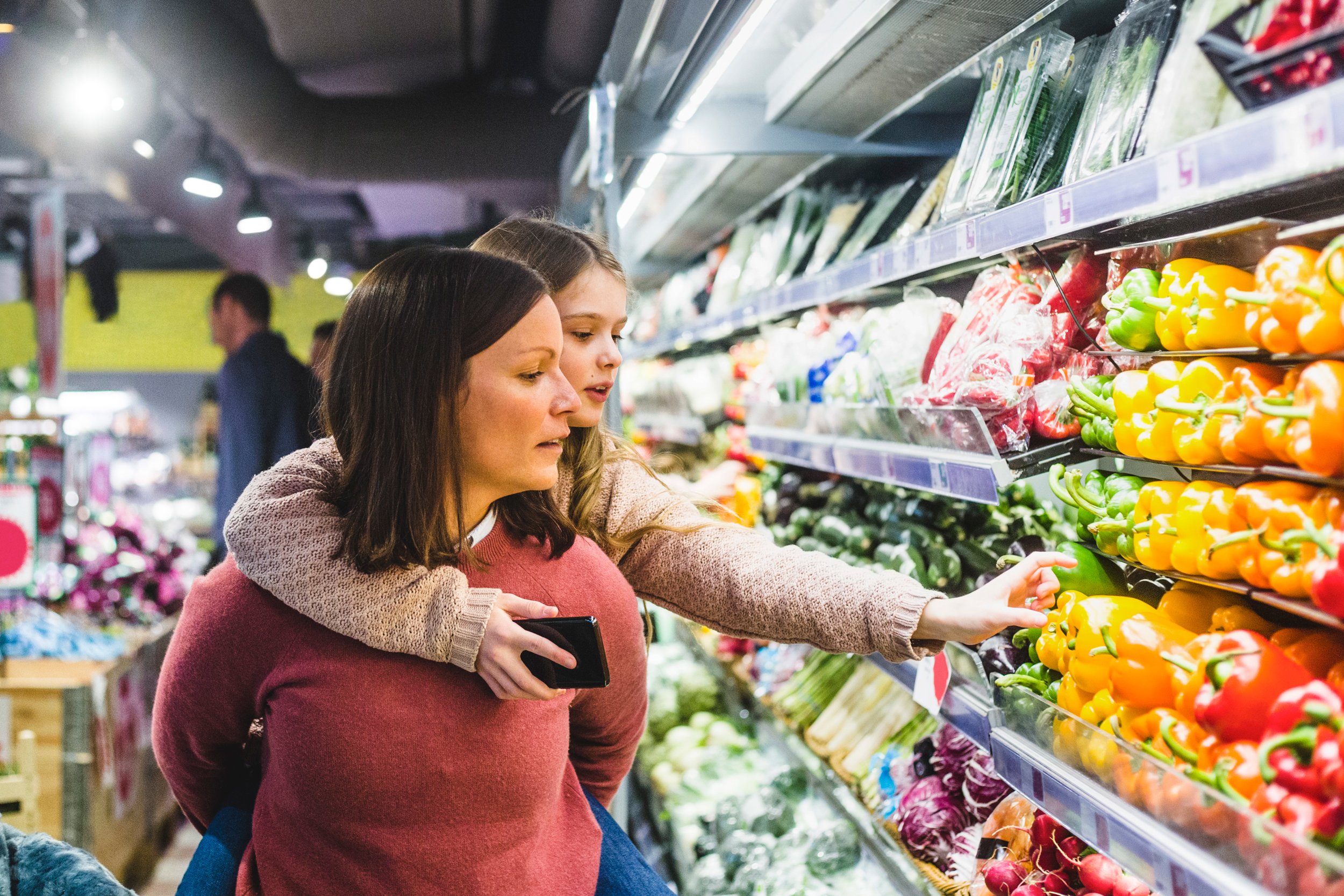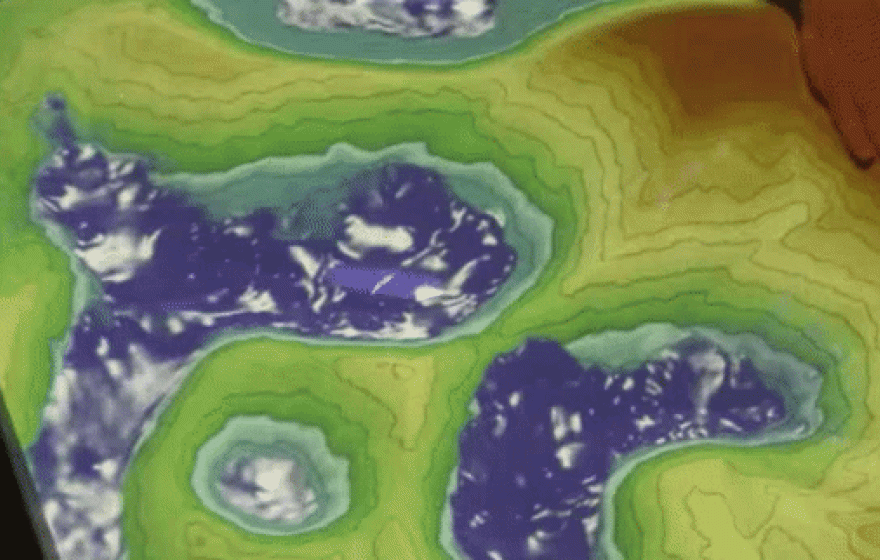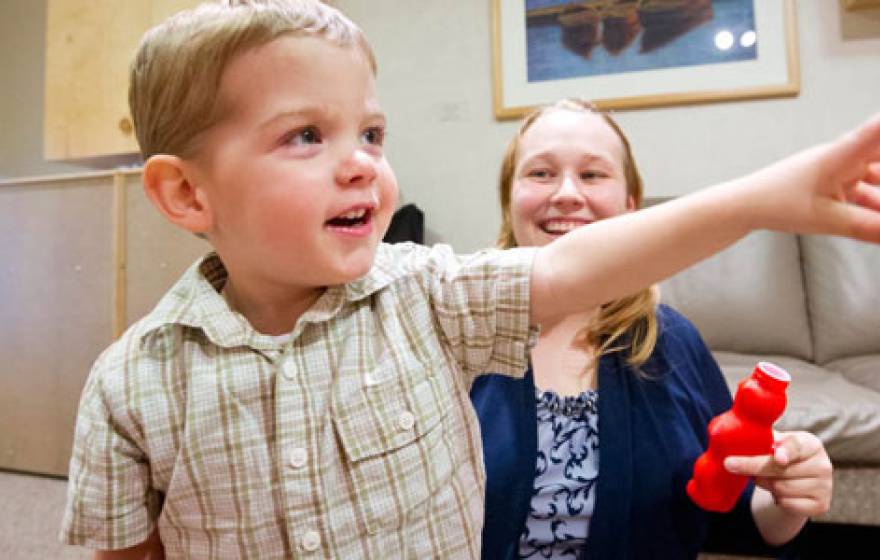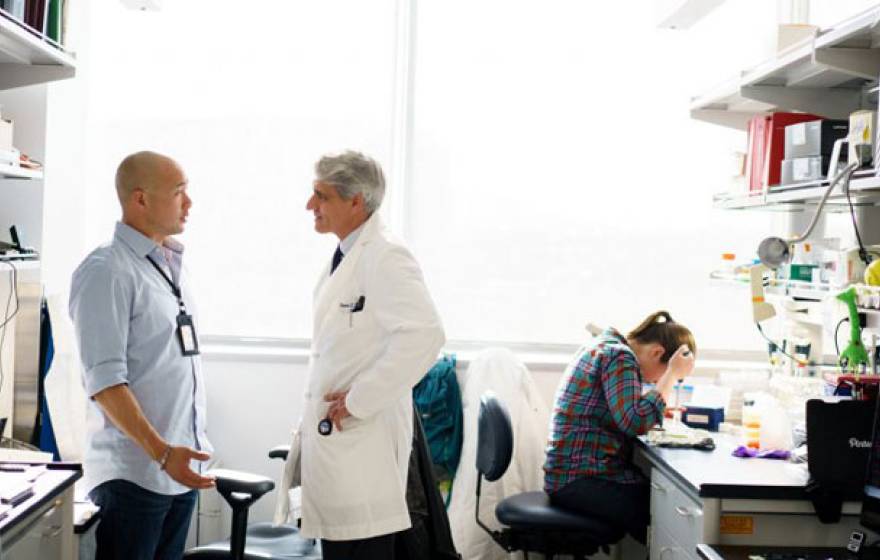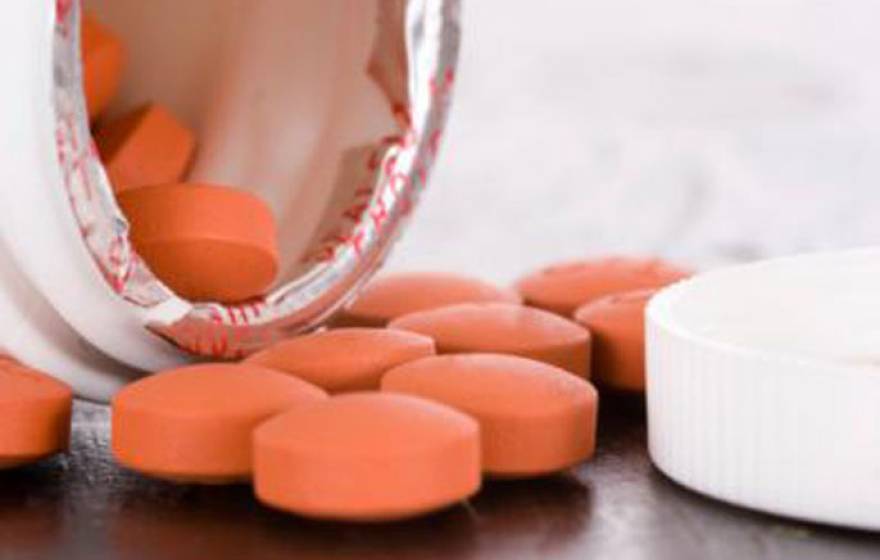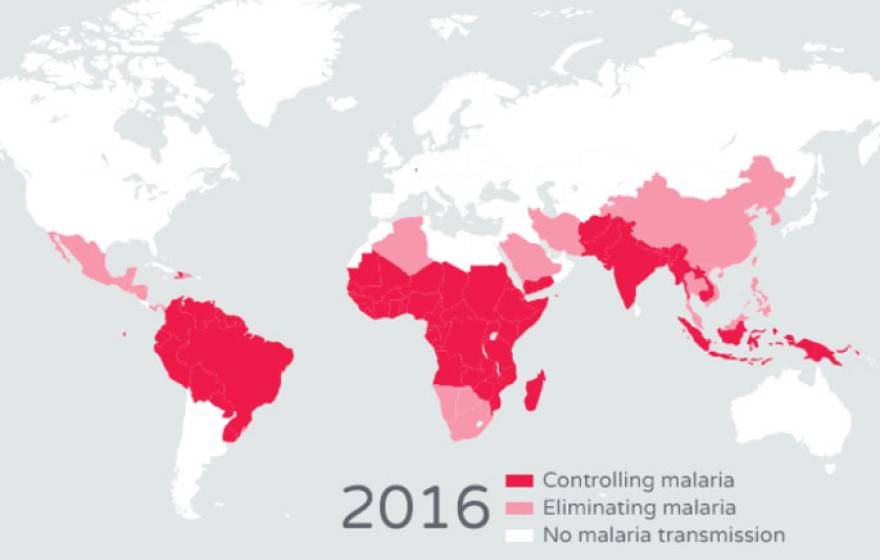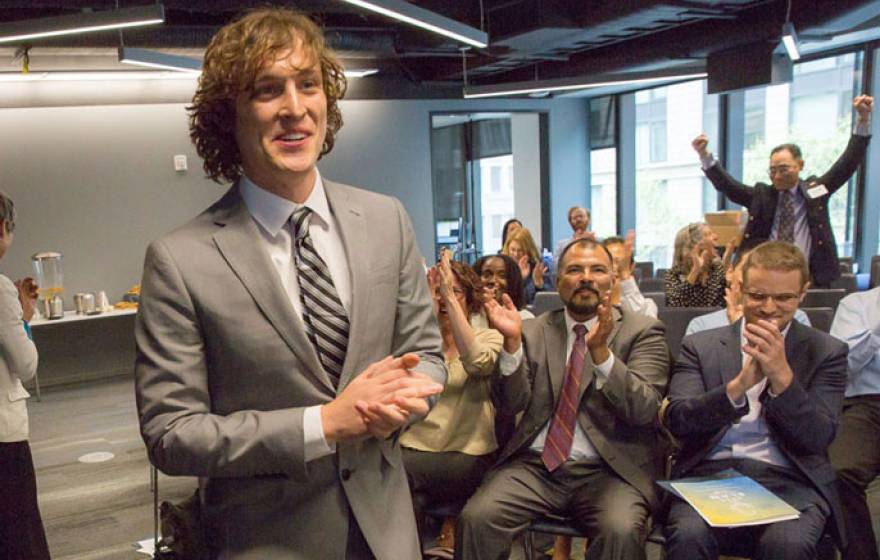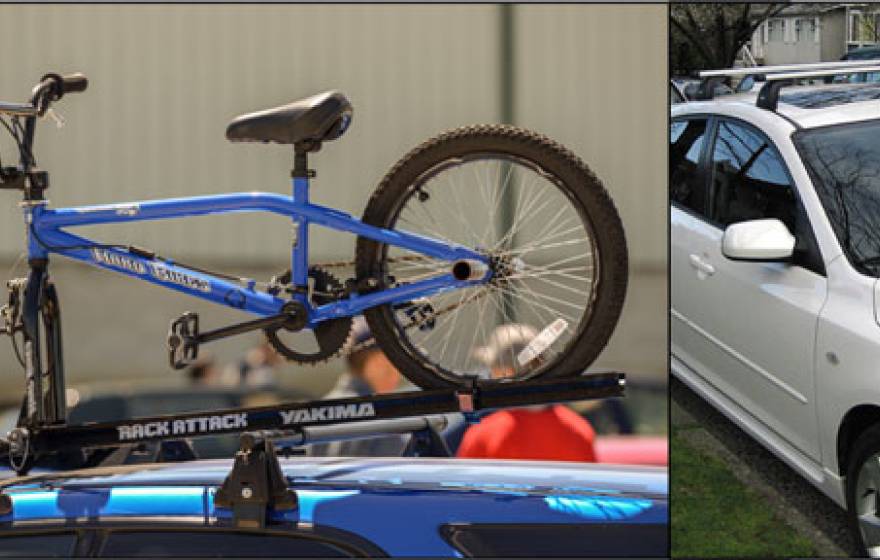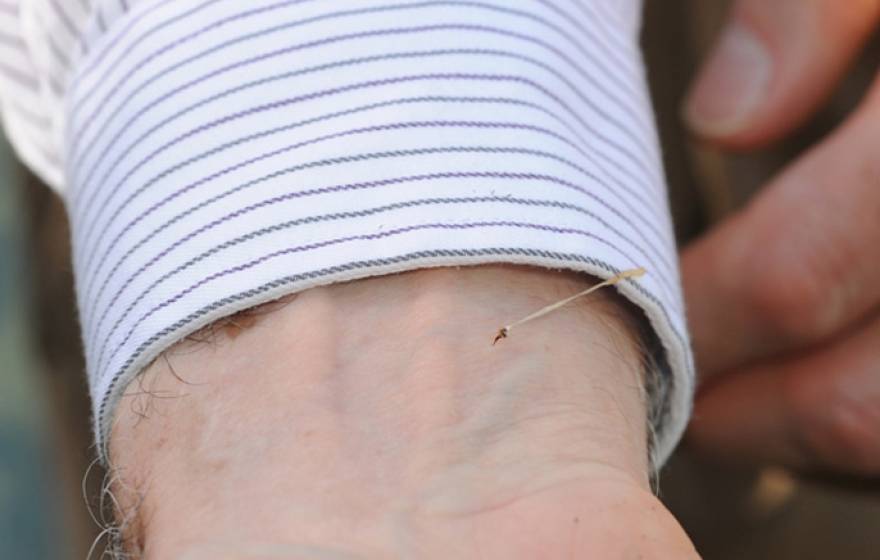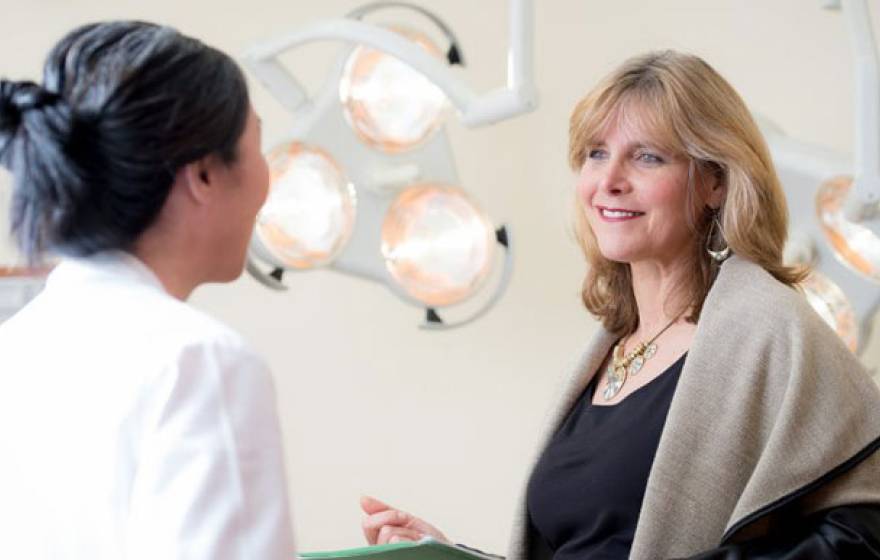UC Newsroom |
High-tech sandbox puts research in the palm of your hands
Campus innovations, such as an augmented reality sandbox from UC Davis, featured at an NSF exhibition on Capitol Hill.
UC Health |
UC researchers join largest autism study ever in U.S.
Effort seeks to analyze DNA from 50,000 people with autism and their families.
UC San Francisco |
Weill gift gives UCSF unprecedented opportunity to advance neurosciences research
The $185 million donation launches the UCSF Weill Institute for Neurosciences.
UC Davis |
What’s behind the heartbreaking risk of anti-inflammatory drugs
UC Davis researchers learn why NSAIDs may increase the risk of heart disease.
UC San Francisco |
Malaria-free world possible within a generation, UCSF study says
More than 30 countries actively working to eliminate disease.
UC Newsroom |
UC alums win 2016 Pulitzer Prizes
Graduates from UC Berkeley, UC Riverside and UC Santa Cruz among those honored.
UC Newsroom |
UC grad students talk straight to win big
UC Riverside researcher's work to create a more powerful microprocessor helps him clinch 2016 Grad Slam win.
Lawrence Berkeley National Laboratory |
Roof racks a drag on fuel economy
Berkeley Lab study finds auto accessory responsible for almost 1 percent of national gas consumption.
UCLA |
Fructose alters hundreds of brain genes, which can lead to a wide range of diseases
UCLA scientists report that diet rich in omega-3 fatty acids can reverse the damage.
UC Santa Barbara |
Mountain man
A peak in Antarctica is named after a UC Santa Barbara professor as a tribute to his research.
UC Newsroom |
The buzz on bees
Get the inside scoop on a famous bee sting photo and learn more about the importance of pollinators.
UC San Francisco |
Laura Esserman named to TIME 100 list
UCSF oncologist at the forefront of breast cancer services named one of the most influential people in the world.
